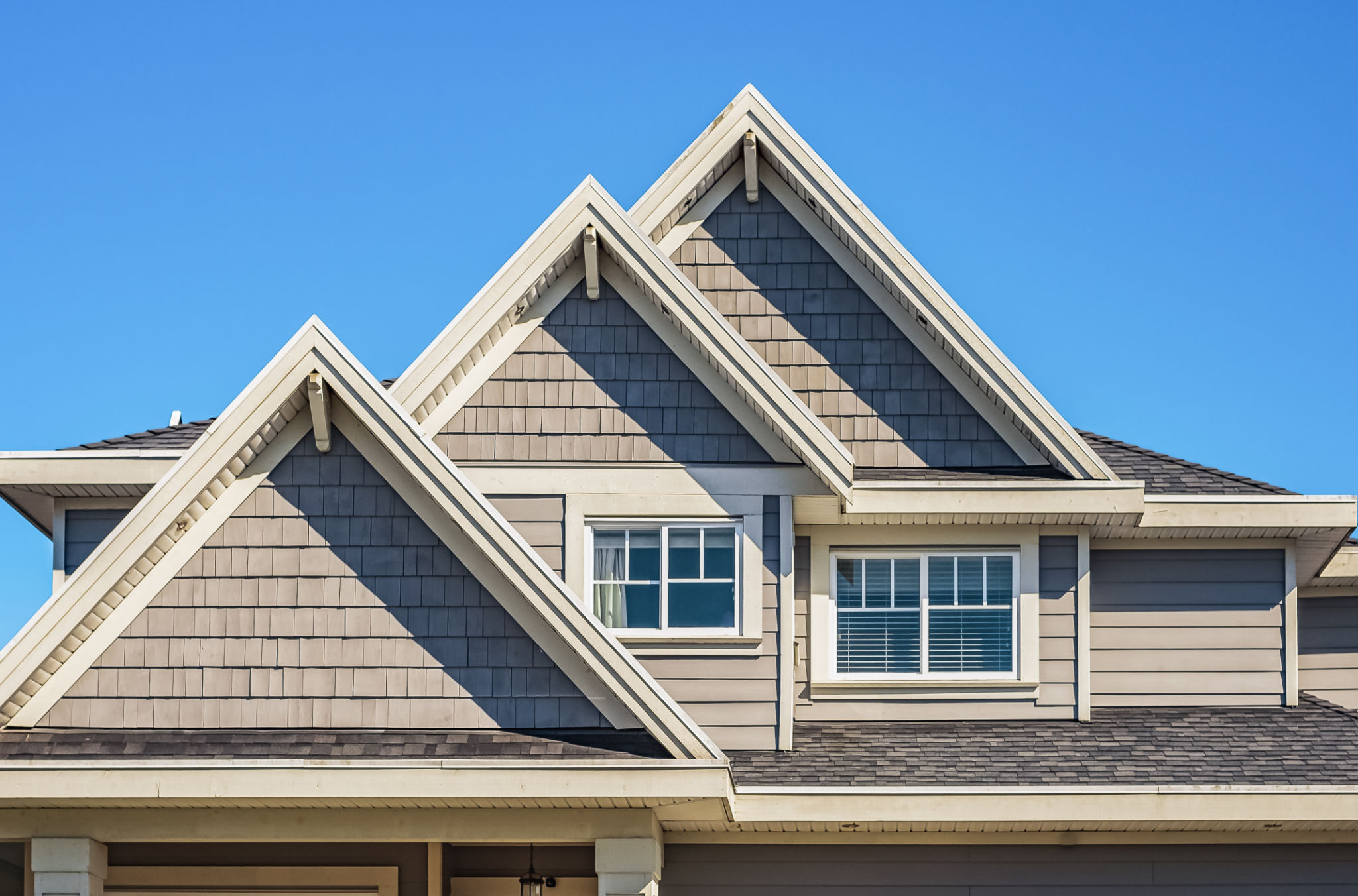Expert Insights: Navigating Zoning Laws and Regulations in Middlesex County
Understanding Zoning Laws in Middlesex County
When it comes to property development or purchasing real estate in Middlesex County, understanding zoning laws is crucial. These laws determine how land can be used, influencing everything from residential and commercial development to conservation and agricultural activities. Navigating these regulations can be complex, but with expert insights, you can ensure compliance and make informed decisions.

The Role of Zoning Laws
Zoning laws are designed to control and direct land use in a way that promotes orderly development and protects the environment. In Middlesex County, these regulations are enforced by local authorities and vary from one municipality to another. The primary purpose is to segregate different land uses to prevent conflicts between residential, commercial, and industrial areas, ensuring a harmonious community layout.
Understanding these laws is essential for anyone looking to buy or develop property. Violating zoning regulations can lead to significant fines or even legal action, so it’s important to be well-informed before proceeding with any development plans.
Types of Zoning Designations
Middlesex County's zoning designations typically fall into several categories: residential, commercial, industrial, and agricultural. Each category comes with specific regulations about what can be built, the type of activities that can occur, and the size of structures allowed. For instance, residential zoning may limit the height of buildings or the amount of land that must remain undeveloped, while commercial zoning might focus on parking requirements and building aesthetics.

Moreover, some areas may have mixed-use zoning, allowing for a combination of residential and commercial use. This flexibility can be an attractive option for developers looking to create vibrant, multi-purpose communities.
Steps to Navigate Zoning Regulations
To successfully navigate Middlesex County's zoning laws, follow these steps:
- Research Local Ordinances: Start by reviewing the local zoning ordinances available on municipal websites or at local government offices. Understanding the specific rules and restrictions in your area is fundamental.
- Consult with Professionals: Engage with local zoning experts or attorneys who specialize in real estate law. Their expertise can help interpret complex regulations and provide guidance tailored to your project.
- Attend Public Meetings: Zoning boards often hold public meetings where proposed changes or developments are discussed. Attending these meetings can provide valuable insights into community concerns and upcoming regulatory changes.

Common Challenges and Solutions
Dealing with zoning laws often presents challenges such as obtaining variances or dealing with non-conforming uses. A variance is a discretionary waiver that allows property owners to deviate from certain zoning requirements. Securing a variance requires demonstrating that strict adherence to the zoning ordinance would cause undue hardship.
Additionally, non-conforming uses occur when a property's current use doesn’t align with its zoning designation, often due to changes in zoning laws after the property's initial development. Addressing these issues typically involves negotiating with local zoning authorities or seeking legal remedies.
The Importance of Staying Informed
Zoning laws are subject to change, reflecting shifts in urban planning priorities and community needs. Staying informed about these changes is vital for property owners and developers alike. Regularly checking municipal updates and participating in community planning discussions can help you anticipate and adapt to new regulations effectively.
Ultimately, navigating zoning laws in Middlesex County requires a proactive approach. By understanding the rules, seeking expert advice, and staying engaged with local developments, you can successfully manage your real estate ventures while contributing positively to community growth.
